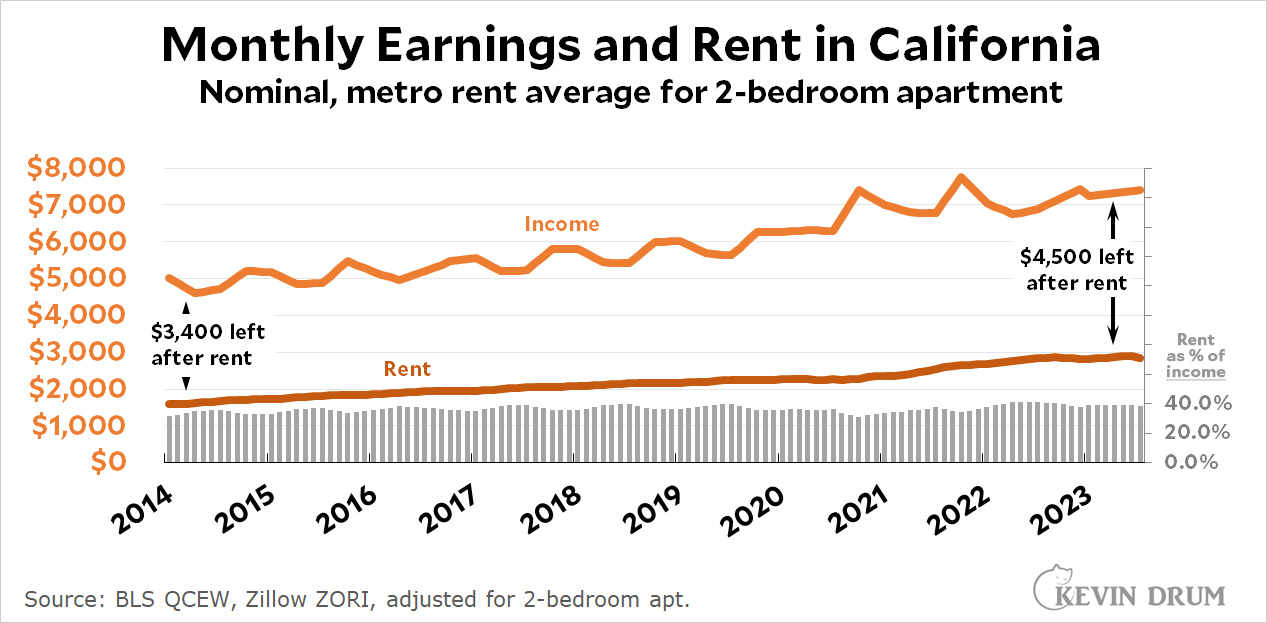The city of Los Angeles is thinking about starting up a public bank:
The City Council voted in October 2021 to study the viability of forming a city-owned bank and to create a business plan for doing so. With new political leadership and support from a number of community organizations, the city is now preparing to devote $460,000 toward the study’s first phase.
A public bank’s decisions would be driven by the needs of Los Angeles communities rather than private shareholders, advocates say, leading to investments in projects and people normally disregarded by Wall Street.
This is not like postal banking, where ordinary people can keep small savings accounts and make small loans. This is a commercial bank that would fund worthy projects that big corporate banks won't touch.
And it sure sounds like a bad idea to me. If the City Council wants to hand out money based on politics instead of creditworthiness, well, they already do that. It's their whole job. Who needs a bank for that?
The only thing that comes to mind is that they think it will stretch their spending capacity. Instead of giving $1 million to an affordable housing project, they can capitalize a bank for $1 million and then loan out $10 million. Hooray! In addition, of course, the city-owned bank can, if it wishes, make riskier construction loans than private banks; perform faster underwriting; aid in faster land acquisition; and just generally charge everyone less than a Wall Street Bank would.
But is that wise? Are commercial banks really ripping off Los Angeles? Or are they being normally prudent in their decisions? If they are, LA would be ill-advised to be less prudent.
There are limited occasions when markets are distorted enough that government funding is a better bet. Health care is an example. So is highway building. But I'm not so sure about banks. At most we might want to increase lending by providing loan guarantees, and even that's questionable unless the city is awfully sure their credit judgment is better than JP Morgan's. Beyond that, there are lots of banks and lots of competition in the private sector. We should probably leave the banking to them.







